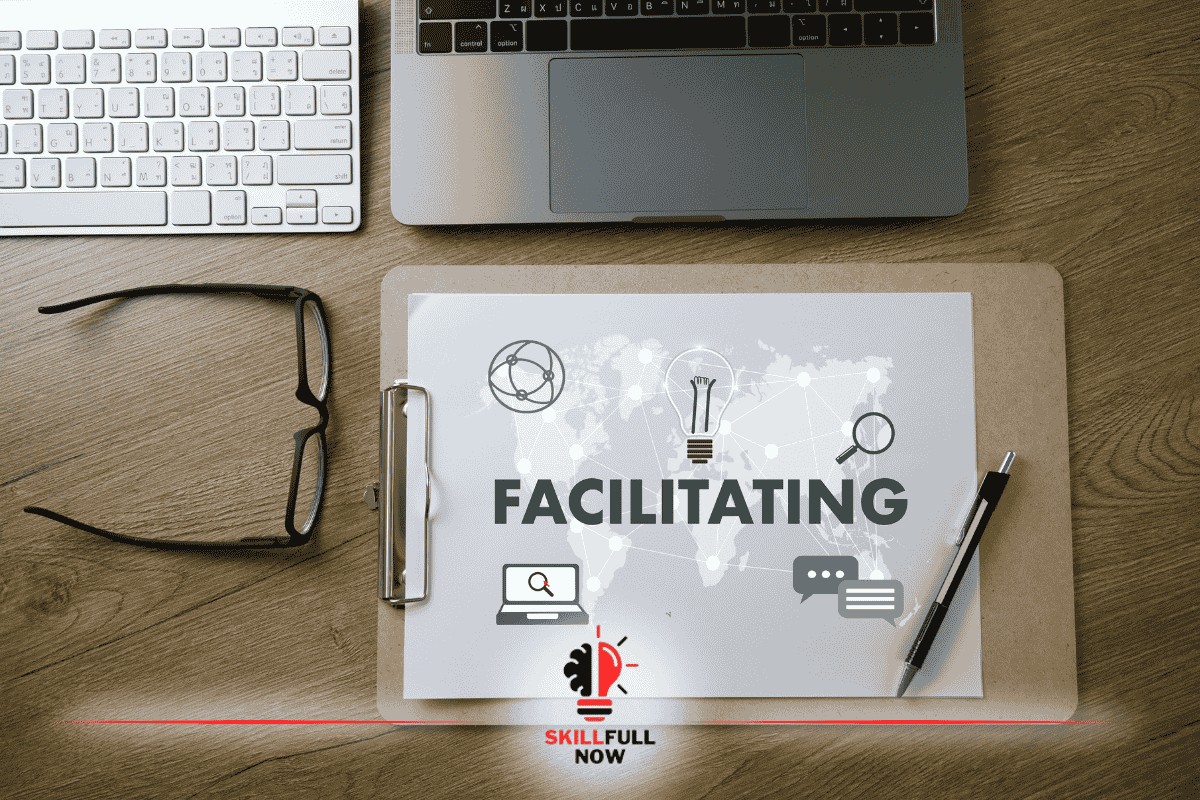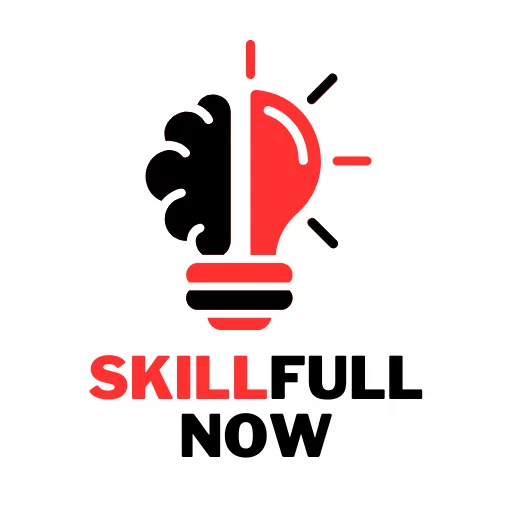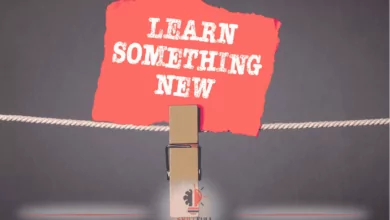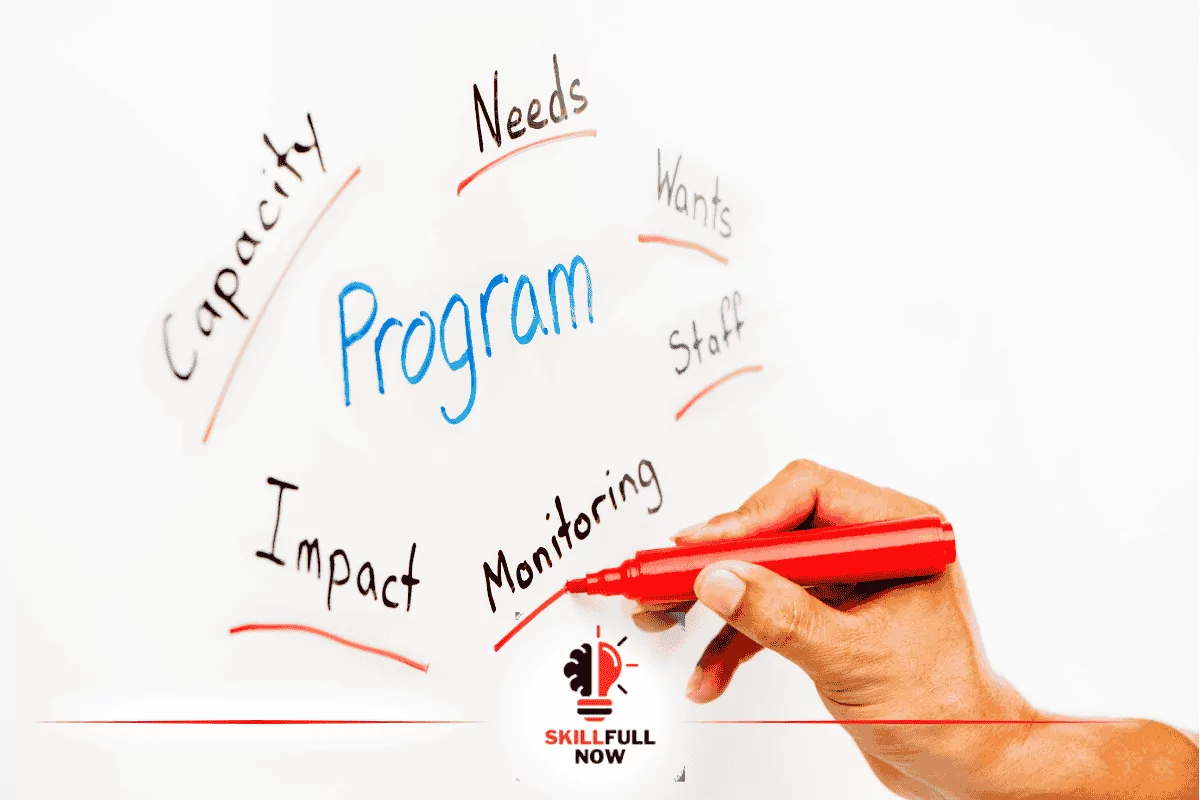The Crucial Role of a Skills Development Facilitator

A Skills Development Facilitator (SDF) is more than just a role it is a transformative force within organizations. This role has become increasingly important as companies aim to bridge skill gaps, foster employee growth, and meet compliance standards for workforce training. Whether you are a business owner or someone aspiring to excel in this field, understanding the responsibilities and impact of an SDF is critical for workplace success.
What is a Skills Development Facilitator?
A skills development facilitator is a professional who acts as a link between employees, management, and external training providers. They are responsible for designing, implementing, and monitoring workplace training programs. Their primary goal is to ensure that the workforce is equipped with the skills needed to meet organizational goals while aligning with legislative requirements such as Skills Development Act regulations.
This role also emphasizes collaboration and communication, as it involves consulting with employees and management to identify areas where training is necessary.
Why is a Skills Development Facilitator Important?
In a world where industries evolve rapidly, the demand for skilled workers continues to rise. Companies that fail to invest in skills development risk falling behind their competitors. This is where a skills development facilitator makes a significant impact:
- Bridging the Skills Gap: By identifying training needs and addressing them effectively.
- Enhancing Employee Retention: Employees are more likely to stay with companies that invest in their growth.
- Improving Productivity: Well-trained employees perform better, boosting overall efficiency.
- Ensuring Compliance: Many industries require training programs to meet local laws and standards, and an SDF ensures these are fulfilled.
Key Responsibilities of a Skills Development Facilitator
Conducting Skills Audits
A crucial first step in any training program is understanding the current skill levels of employees. Skills audits help SDFs identify gaps in expertise and align training programs to meet these needs.
Drafting Workplace Skills Plans (WSPs)
A Workplace Skills Plan is a detailed document outlining the training priorities of an organization. SDFs prepare and submit WSPs to relevant authorities, ensuring the organization is on track with training compliance.
Coordinating Training Programs
From selecting training providers to organizing workshops, a skills development facilitator oversees the end-to-end process of employee training.
Submitting Reports and Applications
SDFs compile reports for submission to bodies like the Sector Education and Training Authorities (SETAs), ensuring the organization qualifies for grants and incentives.
Skills Needed to Succeed as a Skills Development Facilitator
Being a successful SDF requires a blend of technical and interpersonal skills:
- Communication Skills: Effective communication ensures seamless collaboration between stakeholders.
- Analytical Thinking: Identifying training needs and aligning them with organizational goals requires sharp analytical skills.
- Organizational Skills: Managing multiple training programs simultaneously requires exceptional organization.
- Knowledge of Policies: A solid understanding of skills development legislation is vital.
How to Become a Skills Development Facilitator
Obtain Relevant Qualifications
Most employers look for candidates with formal training in human resources, education, or business management. Specialized certifications in skills development facilitation can give you an edge.
Gain Industry Experience
Experience in training, human resources, or organizational development is highly beneficial. Practical knowledge of how businesses operate adds value to the role.
Build Soft Skills
Apart from technical expertise, developing interpersonal skills like empathy and adaptability is crucial. These skills allow facilitators to connect with employees and management effectively.
Benefits of Hiring a Skills Development Facilitator
Hiring a skilled SDF can benefit organizations in numerous ways:
- Strategic Workforce Planning: Facilitators align training programs with long-term business objectives.
- Cost Savings: Training programs led by a competent SDF reduce unnecessary expenses.
- Workforce Morale: Employees feel valued when their professional growth is prioritized.
Challenges Faced by Skills Development Facilitators
Despite their crucial role, SDFs encounter challenges such as:
- Budget Constraints: Limited resources can make implementing effective training programs difficult.
- Resistance to Change: Some employees may resist training initiatives, viewing them as unnecessary.
- Keeping Up with Trends: Staying updated with industry developments and regulations is a constant challenge.
Future Trends in Skills Development Facilitation
The role of an SDF is continuously evolving. Some emerging trends include:
- Technology Integration: Digital tools and learning management systems are becoming essential for training programs.
- Focus on Soft Skills: In addition to technical skills, organizations are prioritizing emotional intelligence and leadership development.
- Customized Learning Paths: Personalized training programs tailored to individual employee needs are gaining popularity.
Why Every Business Needs a Skills Development Facilitator
Whether your business is a small startup or a large corporation, a skills development facilitator ensures that your workforce remains competitive. In today’s fast-paced world, companies that fail to prioritize skills development risk losing valuable talent and falling behind their competitors.
By fostering growth and encouraging learning, an SDF doesn’t just prepare employees for the future—they empower organizations to thrive in an ever-changing environment.
FAQs
What qualifications are needed to become a skills development facilitator?
To become an SDF, you typically need a background in human resources, education, or business, along with certifications in skills development facilitation.
How does a skills development facilitator benefit employees?
SDFs ensure employees receive training opportunities that enhance their skills, boost job satisfaction, and open up career growth avenues.
What industries require skills development facilitators?
Industries ranging from manufacturing to IT and finance often require the expertise of SDFs to keep their workforce competitive and compliant with regulations.
Can a small business benefit from hiring an SDF?
Absolutely! Small businesses can use SDFs to improve workforce efficiency, enhance employee skills, and ensure compliance with training standards.
How does an SDF ensure compliance with training regulations?
SDFs stay updated with legislation, draft workplace skills plans, and submit reports to regulatory bodies like SETAs.
What is the difference between a skills development facilitator and an HR manager?
While HR managers handle broader organizational tasks, SDFs focus specifically on workforce training and skills development.






Aloha, makemake wau eʻike i kāu kumukūʻai.
Salut, ech wollt Äre Präis wëssen.
Merci, datt Dir Iech bei SkillFull Now gemellt hutt. Mir freeën eis, Iech mat Ärer Ufro ze hëllefen.
Eise Präis fir Backlinking ass 35 USD pro Link. Mir bidden eng 100% Garantie, datt Äre Link permanent op eiser Websäit publizéiert gëtt a fir e Liewe laang do bleift.
Wann Dir weidergoe wëllt, loosst eis et w.e.g. wëssen, a mir deelen Iech déi nächst Schrëtt mat Iech.
Freeë Iech op Är Äntwert.
Mat beschte Gréiss,
SkillFull Now
skillfullnow@gmail.com
http://www.skillfullnow.com
Hai, saya ingin tahu harga Anda.